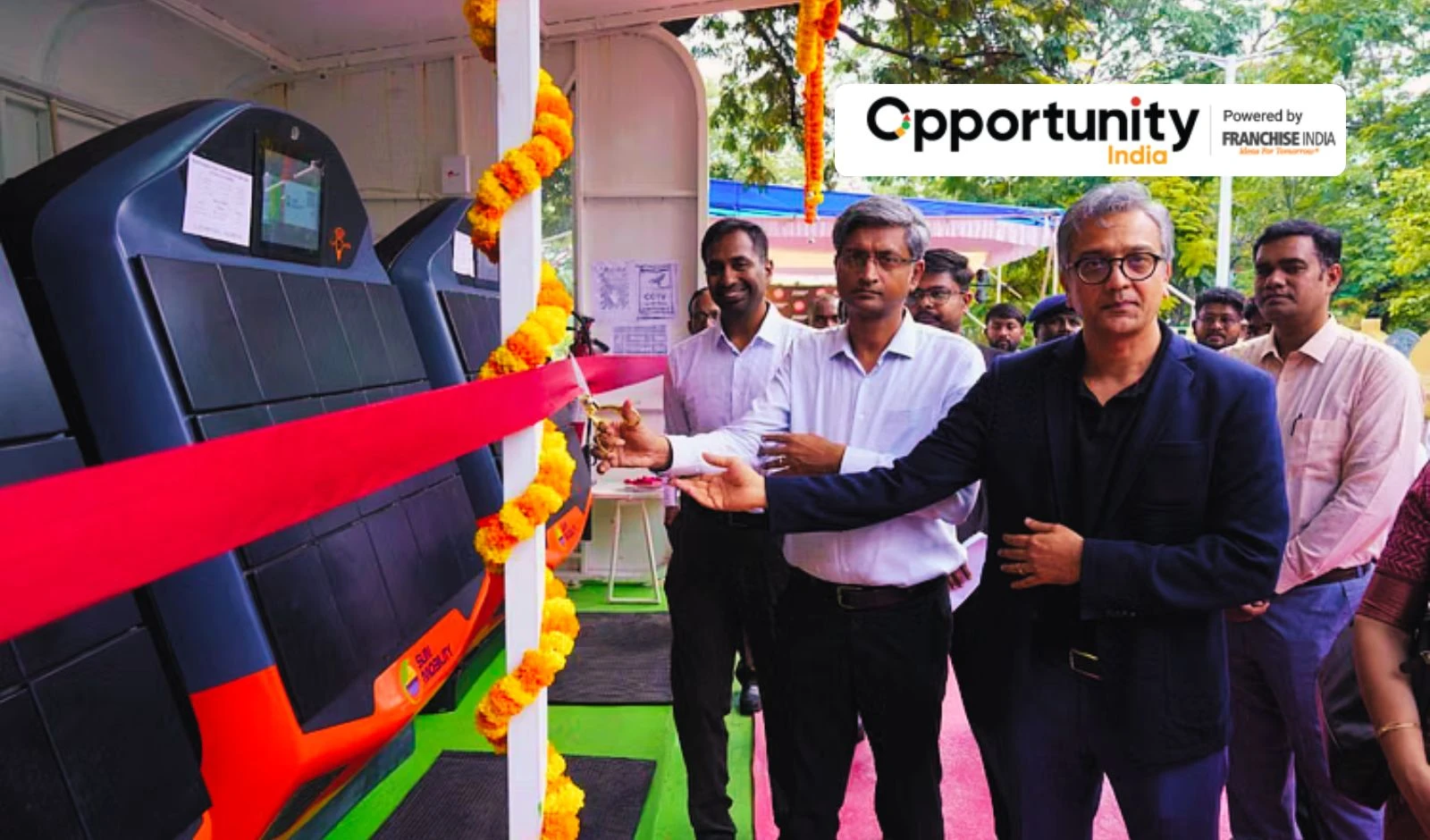
In a major push towards clean mobility, Indian Railways has partnered with Indofast Energy to install battery swapping stations at 25 railway stations across the Hyderabad and Secunderabad divisions. The initiative is designed to encourage the adoption of electric vehicles (EVs) and reduce urban pollution.
Under the project, which is being implemented by South Central Railway, 80 battery swapping stations have already been set up—56 in the Secunderabad division and 24 in the Hyderabad division. An additional 40 stations are planned for deployment within the next three months.
The initiative is being executed by Indofast Energy, a joint venture between Indian Oil Corporation Limited and SUN Mobility, with each holding a 50% stake.
The battery swapping network primarily targets last-mile connectivity for two-wheelers, three-wheelers, and small four-wheelers. The system allows EV users to quickly exchange discharged batteries for fully charged ones, thereby eliminating range anxiety and reducing downtime for delivery agents and daily commuters.
Anant Badjatya, CEO of Indofast Energy, stated that the initial rollout in Hyderabad has received a strong response, especially from logistics and delivery operators. He emphasized the need for accessible infrastructure to support widespread EV adoption in urban areas.
Gopalakrishnan, Divisional Railway Manager of South Central Railway, noted that the project aligns with the Railway Board’s policy to promote e-mobility. He added that integrating EV infrastructure within station premises would not only reduce emissions but also improve traffic management around railway stations.
The swapping stations have been strategically placed in accessible areas within the railway premises, making them convenient for daily commuters. Designed to be fast, reliable, and cost-effective, the stations offer a practical alternative to conventional charging methods.
Currently, Indofast Energy operates over 1,000 battery swapping stations across 21 Indian cities and facilitates more than 1.4 million swaps every month. The company follows a Battery-as-a-Service (BaaS) model, aiming to make electric mobility more affordable and scalable.
This collaboration is considered a landmark move in India’s sustainable urban transport development and has potential for replication across other railway zones.

